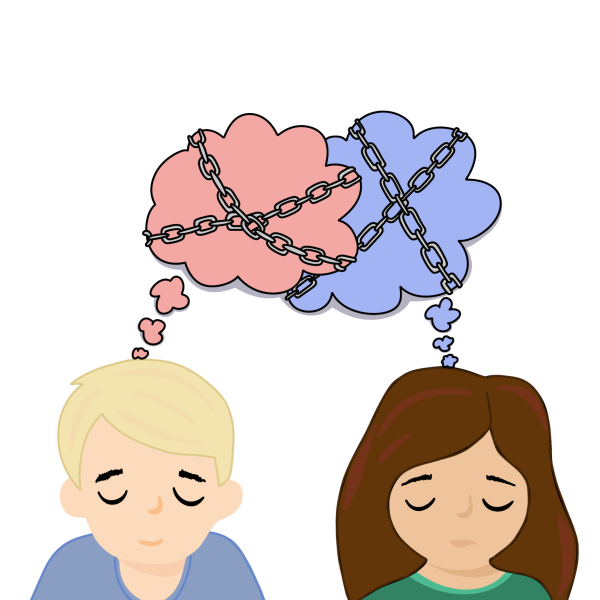iPhone X and the Privacy Problem
I’ve had an iPhone 4S for four years. I use it to call and text friends and family, for when I need a pocket calculator and for the Colgate mobile app. I used to waste a lot of time on social media, but eventually convinced myself to delete most of my accounts. I am also intensely uncomfortable with the fact that I’ve got a GPS locator in my back pocket at all times. I don’t keep up too much with Apple’s newest innovations – something you might be able to tell by my relic of a phone – so I was taken aback last Tuesday when my roommate suddenly called out “1 p.m.!”
“What?” I asked back.
“10 a.m. Pacific so – wow, right now. I just caught it.” Seeing my arched eyebrow, he tacked on as an afterthought, “The iPhone X unveiling. It’s, like, right now.”
Suddenly curious, I, of course, had to watch the event too. And I, much like my roommate and countless others eagerly watching Apple pull back the curtain on its newest product, was taken aback. My reasons, however, felt somewhat different from the gasps and squeals of Apple’s massive audience.
In an increasingly online world, Apple, whether it likes it or not, is a fundamental cornerstone of big data companies. The majority of its revenue comes from physical sales, of course (something they are very good at; Apple has over $200 billion in pure liquid cash, more than the U.S. Government), but a significant portion comes from data sale and advertisement. The more extensively advertisers know what kind of person is on a specific device (information such as what kinds of places they frequent, what their interests are, how often they have sex), the more targeted the products advertisers market can be and even more money can be made off ads. Marketing companies pay a good deal of money for that sort of information. Coincidentally, it’s just the sort of information we’re all too willing to put online and showcase on social media. And the things we aren’t so willing to divulge, companies like Apple have become increasingly clever at squeezing out of us.
Customer data profiles are consistent. Once you’ve liked a page or gone somewhere with location services activated, it’s on your dossier for good, ready to be sold as proof of your current interests to waiting marketers right up until the day they change. And while something like your fingerprint, recorded in a semi-encrypted “hash,” isn’t useful to the corporations Apple sells your interests to, it is something that might be useful to the NSA. Thanks to Snowden, we know that Apple has quietly handed over customer data and encryptions to the NSA before, among other violations of their supposed dedication to customer privacy. Once your fingerprint has been used to unlock a phone, the only thing the government needs to do to get it is ask – even if you haven’t committed a crime in the past.
With the iPhone X, Apple has upped its game. The new iPhone comes with an incredible new feature: unlocking the phone via biometric facial analysis.
Facial analytics is a rapidly developing field with endless possibilities. This isn’t a photograph of your face you’re submitting to Apple with the iPhone X; it’s a full 3-D analysis of your face, to be logged and stored. And if we’re to judge based off Apple’s use of fingerprints, it’s information waiting to be given to a great many groups with a rising interest in your face. Corporations could gauge your attractiveness and insecurities based on Apple’s analysis. Recent breakthroughs in the field have created facial algorithms capable of predicting your sexual orientation with over 90 percent accuracy – again, from nothing more than facial data. And, of course, the government could use it to identify you with near-perfect accuracy on even the most basic of security cameras or phone recordings.
The question that poses itself is how comfortable you personally are with your entire life being in the public domain. But the issue that the iPhone X raises is that giving increasingly personal information to global corporations and governments has become a shrewdly hidden necessity of life in our consumer culture, and it becomes more and more difficult to function at a basic level in society without handing over everything you are to every group that wants your information. Perhaps, then, this is how privacy truly dies in the West. Not because of the imagined authoritarian dystopia where the government demands we fill out personal questionnaires on the census each year, but instead because the trendiest new iPhone has a facial analysis feature.
Contact Max Goldenberg at [email protected].





